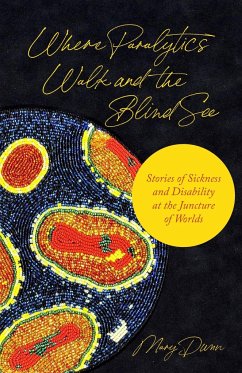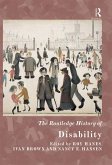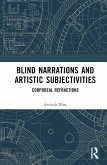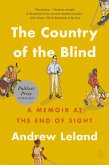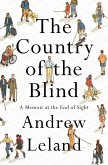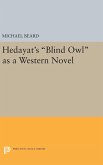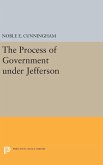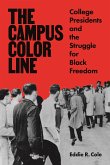"In an age of modern biomedicine and global pandemic, we are strongly inclined to consider illness and disability as problems in need of scientific solutions. History informs us, however, that bodily and mental illness and disabilities have been understood in myriad ways across time and space. This book introduces readers to an alternative understanding of such matters formed in the Christian-Catholic culture of early modern French Canada. In a society that subscribed uniformly to a Christian view of salvation, sickness and disability were always more than physical problems in need of resolution-these were phenomena freighted with moral and spiritual significance. They were occasions for the demonstration of virtue, an invitation to charity, a medium of redemption, and/or an opportunity for conversion. Dunn takes us on a tour of early modern French Canadian understandings of sickness and disability through a close examination of four distinct historical sources: recorded stories told by Jesuits in New France, in particular accounts of sickness and (occasional) healing of Indigenous peoples; stories of sickness crafted in an institutional history of Canada's first hospital, published in 1751; representations of disability in a late seventeenth-century hagiographic description of a venerated, self-sacrificing nun and hospital leader; and a dossier compiled in the early eighteenth century in support of the canonization of a Franciscan Friar. Considering these sources alongside each other, and alongside her own experience as the mother of a child with a disability, the author aims not to recuperate these early modern understandings-which she readily acknowledges were accompanied by cruelty, intolerance, and racism-but rather to explore how and why they made sense in their time and place. In doing so, she opens up a space of critical distance between ourselves and our own deeply internalized views of sickness and disability, and offers a challenge to extant norms of historiography that avoids the personal and the possibility that the present and the past inform each other"--
Hinweis: Dieser Artikel kann nur an eine deutsche Lieferadresse ausgeliefert werden.
Hinweis: Dieser Artikel kann nur an eine deutsche Lieferadresse ausgeliefert werden.

